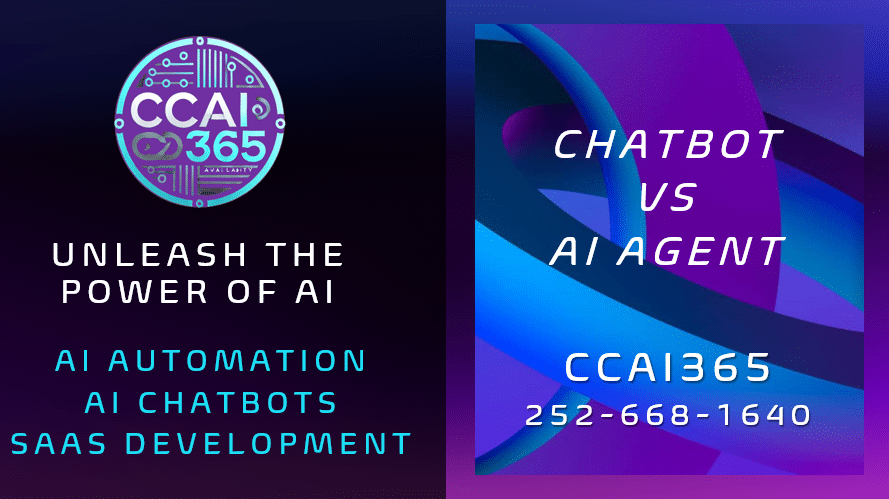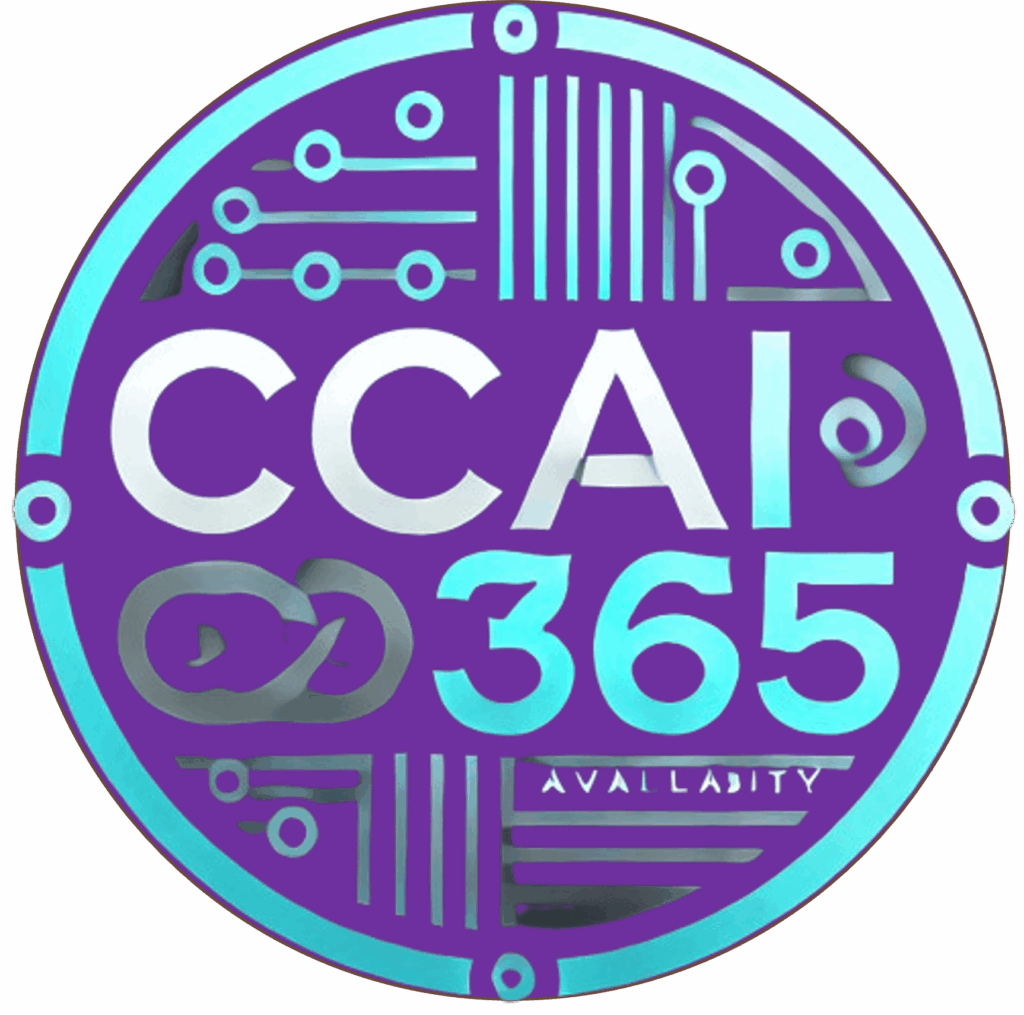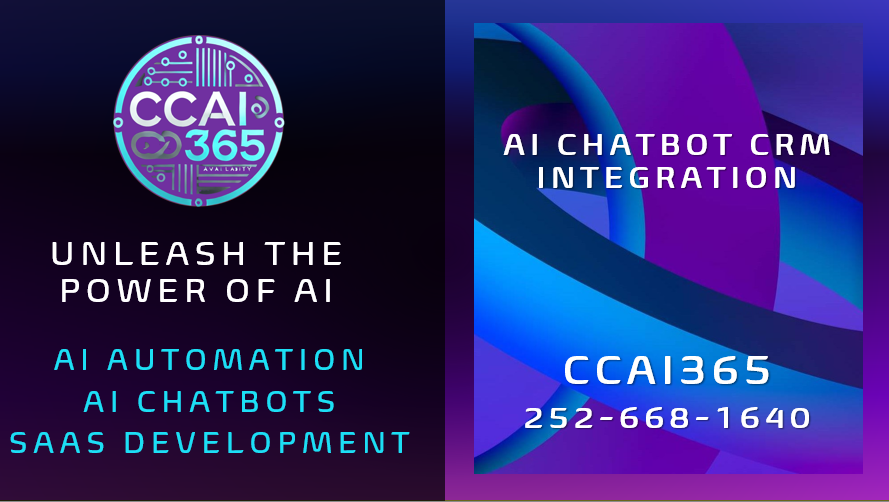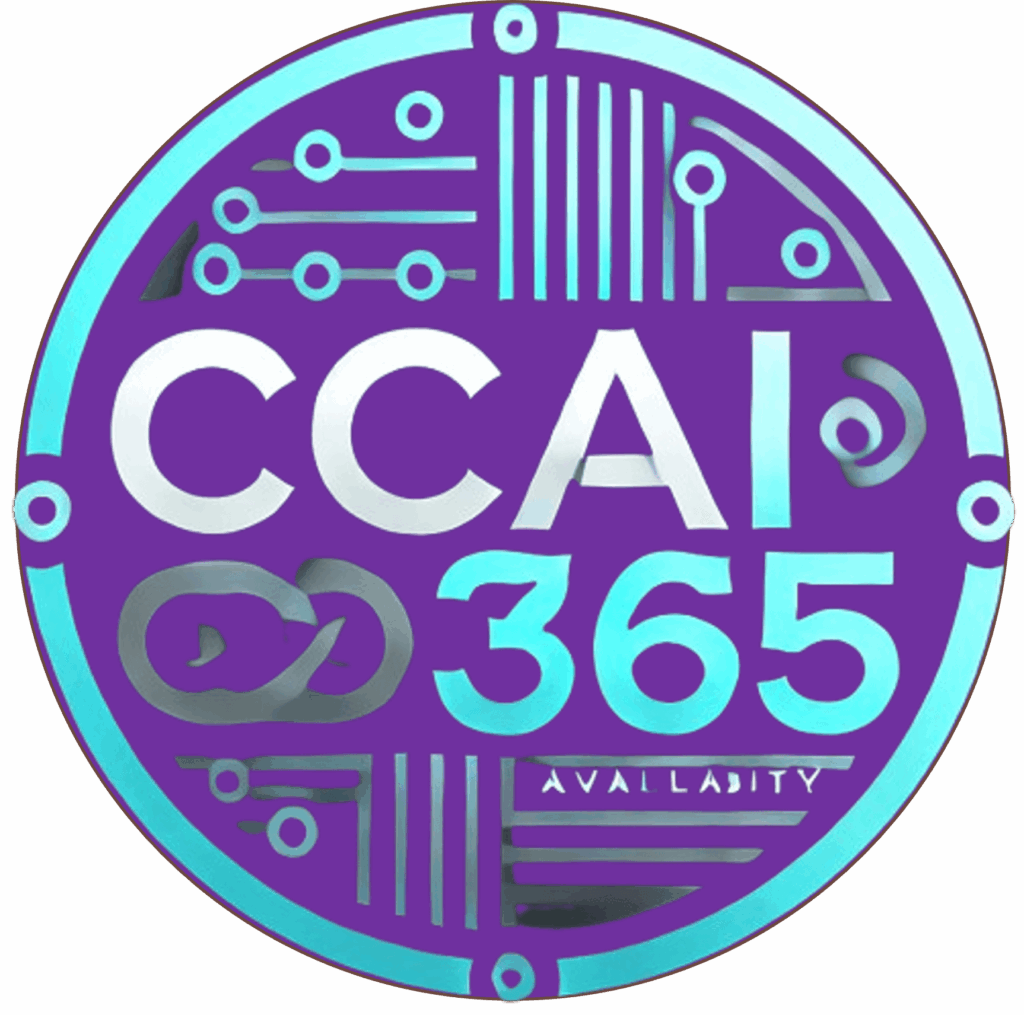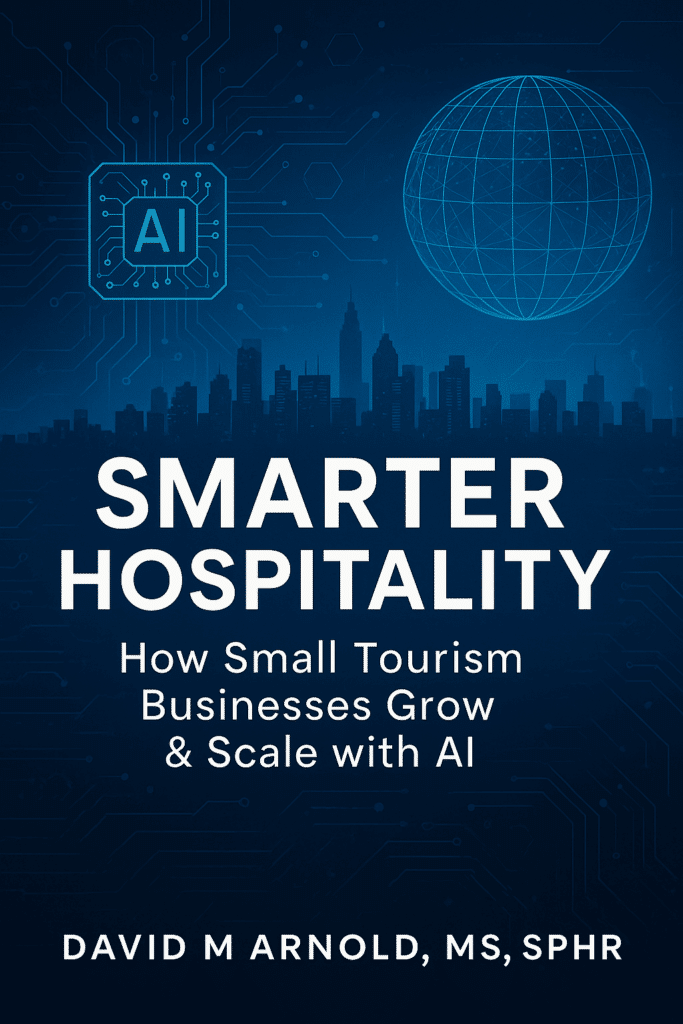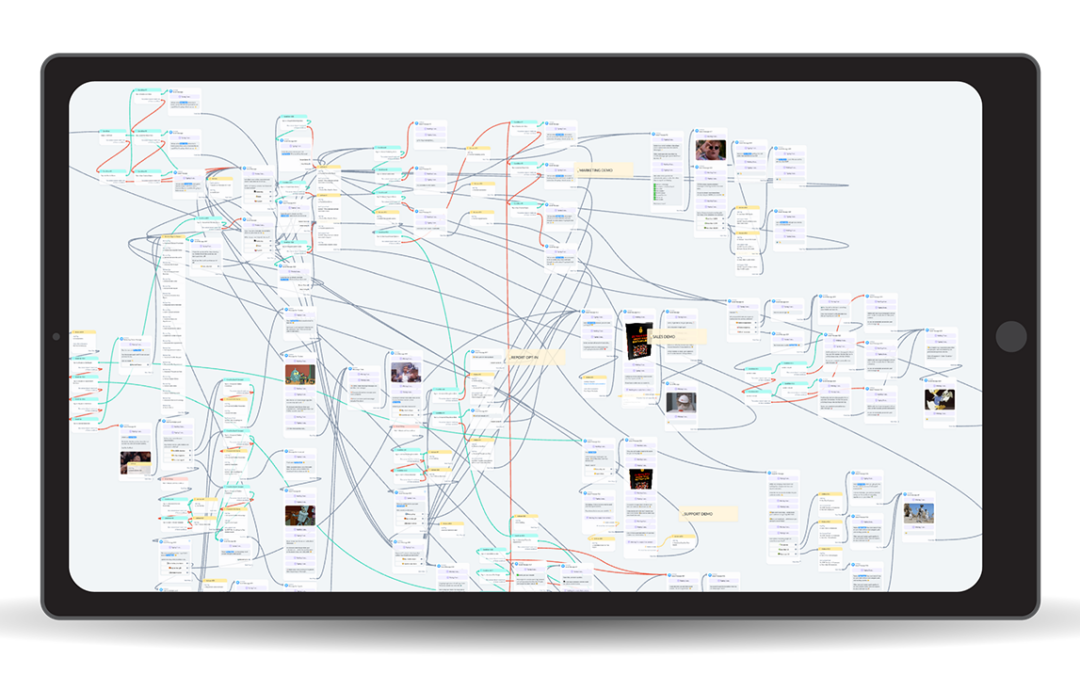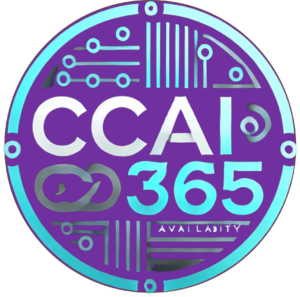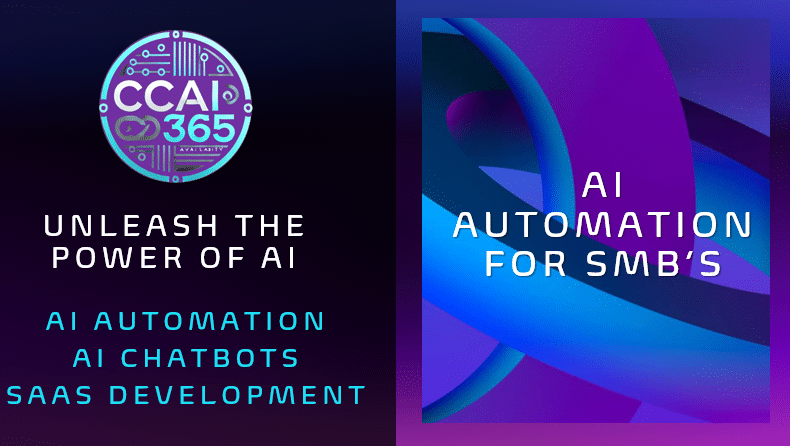
Complete Guide to AI Automation for Small Businesses
Introduction to AI Automation for Small Businesses
Small businesses face growing pressure to operate efficiently while competing with larger enterprises. Manual processes, repetitive tasks, and slow response times can hold businesses back from growth. This is where AI automation becomes a game-changer. By automating workflows, customer interactions, and internal processes, small businesses can save time, reduce errors, and increase revenue without adding headcount.
In this complete guide, we’ll explore the ins and outs of AI automation for small business, including the key benefits, practical implementation strategies, ROI calculations, and real-world case studies. By the end of this guide, you’ll understand exactly how AI can transform your operations and help your business scale efficiently.
1. What is AI Automation?
AI automation combines artificial intelligence and process automation to perform tasks that would normally require human intervention. Unlike traditional automation that follows rigid rules, AI automation can learn, adapt, and make decisions based on data.
Key technologies powering AI automation:
-
Natural Language Processing (NLP): Enables machines to understand and respond to human language, powering chatbots and email assistants.
-
Machine Learning (ML): Allows systems to learn from past interactions and improve performance over time.
-
Robotic Process Automation (RPA): Automates repetitive workflows like data entry, invoice processing, and scheduling.
Benefits for small businesses:
-
Saves time on repetitive tasks
-
Reduces errors in operations
-
Improves customer service with faster responses
-
Provides data-driven insights for better decision-making
By adopting AI automation, small businesses can operate smarter, not harder, and focus resources on growth-oriented activities rather than manual tasks.
2. Why Small Businesses Need AI Automation
Small businesses often operate with limited staff, budgets, and resources. AI automation addresses these challenges by increasing efficiency, scalability, and competitiveness.
Key reasons small businesses need AI automation:
- Cost Efficiency: Automate tasks without hiring additional employees.
- Scalability: Handle increased demand or new projects without compromising quality.
- Competitive Advantage: Leverage technology to compete with larger companies.
- Data-Driven Decisions: Quickly analyze business and customer data to inform strategy.
Common areas for AI automation in small businesses:
-
Customer Support: AI chatbots and helpdesk automation reduce response time and improve satisfaction.
-
Marketing: AI-driven email campaigns, social media scheduling, and lead scoring.
-
Sales: CRM automation, follow-up emails, and personalized outreach.
-
Operations: Inventory management, scheduling, and document processing.
Pro Tip: Businesses can achieve significant efficiency gains by starting with one department and gradually expanding automation across the organization.
3. Top AI Automation Tools for Small Businesses
AI automation tools are designed to fit businesses of all sizes. Here are some of the most effective solutions for small businesses:
- AI Chatbots – Automate customer support and lead generation. Example: CCAi365 Chatbot for websites and social media.
- AI Marketing Platforms – Automate campaigns, optimize content, and manage lead nurturing. Example: HubSpot AI Marketing.
- Workflow Automation Tools – Automate approvals, notifications, and repetitive internal tasks. Example: Zapier, n8n.
- Accounting & Finance AI – Automate invoicing, bookkeeping, and expense tracking. Example: QuickBooks with AI integrations.
- Integration Platforms – Connect multiple tools for seamless automation. Example: Zapier, Make (formerly Integromat).
Case Study Example:
A small e-commerce business integrated an AI chatbot to handle customer inquiries. Results included a 35% increase in online conversions and a 50% reduction in support response time.
4. How to Implement AI Automation in Small Business
Implementing AI automation doesn’t have to be complicated. Follow these steps:
Step 1: Identify repetitive tasks
-
Look for tasks that consume significant time and add little strategic value.
Step 2: Evaluate AI tools
-
Match tools to business needs. Consider cost, scalability, and integrations.
Step 3: Run a pilot test
-
Start small, measure efficiency gains, and adjust before full deployment.
Step 4: Train staff
-
Ensure employees understand how AI tools complement their work.
Step 5: Monitor and optimize
-
Continuously track performance metrics and adjust AI workflows for maximum efficiency.
ROI Calculator Example:
| Metric | Current | Automated | Savings |
|---|---|---|---|
| Hours/week on repetitive tasks | 20 | 0 | 20 |
| Hourly wage | $25 | — | $500/week |
| Weeks/year | 50 | — | $25,000/year |
This simple calculation shows how AI automation can save $25,000 per employee per year just by automating repetitive tasks.
5. Case Studies of Small Businesses Using AI Automation
1. E-Commerce Retailer
-
Problem: Manual order processing and customer inquiries
-
Solution: AI-powered chatbot + automated inventory management
-
Results: 40% faster response time, 25% increase in sales
2. Local Accounting Firm
-
Problem: Manual bookkeeping and client follow-ups
-
Solution: AI automation for data entry and appointment scheduling
-
Results: Saved 15 hours/week per employee, 30% increase in client retention
3. Marketing Agency
-
Problem: Manual campaign management
-
Solution: AI-driven email marketing automation
-
Results: Improved campaign performance by 50%, reduced errors
Visual Tip: Include charts showing time saved and ROI for each case study to make the content more engaging.
6. Calculating ROI for AI Automation
ROI helps justify investment in AI automation.
Formula:
ROI = (Gain from AI – Cost of AI) ÷ Cost of AI × 100
Example Calculation:
-
Labor cost saved: $50,000/year
-
AI subscription cost: $10,000/year
-
ROI = (50,000 – 10,000) ÷ 10,000 × 100 = 400%
Interactive Tip: Embed a calculator that lets readers input hours saved, hourly wage, and AI tool cost to estimate ROI.
7. Best Practices & Tips for Small Businesses
-
Start small: Focus on one department initially.
-
Measure results: Track key metrics to evaluate success.
-
Integrate tools: Connect AI solutions to existing software for seamless workflows.
-
Train your team: Make AI a collaborative tool, not a replacement.
-
Enhance customer experience: Use AI to improve, not replace, human interaction.
8. Common Challenges and How to Overcome Them
Resistance to Change: Provide training and clear explanations.
Cost Concerns: Use scalable, subscription-based SaaS AI tools.
Integration Issues: Choose AI solutions with pre-built integrations.
Data Security: Ensure compliance with privacy laws and encrypt sensitive data.
9. The Future of AI Automation for Small Businesses
AI automation is evolving rapidly. Emerging trends include:
-
Predictive analytics for customer behavior
-
Voice-powered AI assistants
-
AI-driven decision-making dashboards
Small businesses that adopt AI early gain a competitive edge, reduce operational costs, and position themselves for scalable growth. AI automation is no longer a luxury—it’s a strategic necessity for long-term success.
Conclusion
AI automation for small businesses transforms operations, improves customer experience, and drives measurable growth. By implementing AI tools for marketing, operations, customer support, and workflow management, small businesses can save time, reduce costs, and scale efficiently. Real-world case studies show the tangible impact of AI automation, and ROI calculators help businesses quantify potential gains. Start small, measure results, and gradually expand automation to maximize efficiency and competitive advantage.

